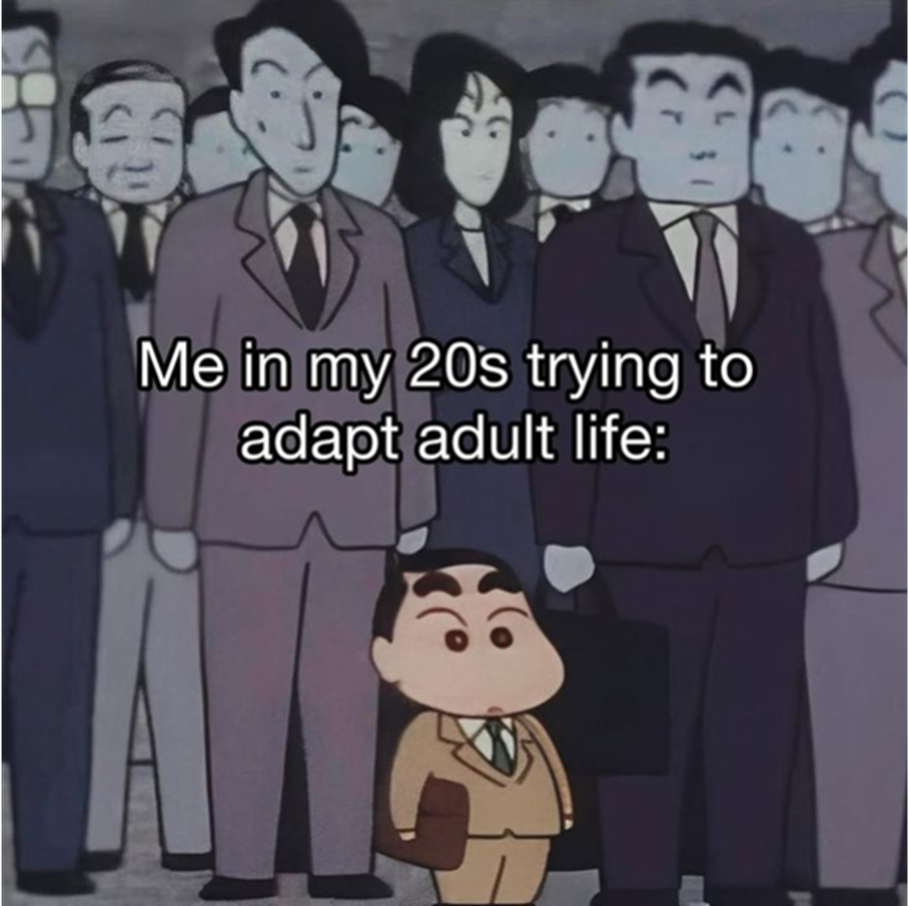
Growing up, Slowed Down
As rain falls, a seed digs its roots. But what happens if it never sprouts?
GDP rises, living standards have improved, yet why isn’t the nation growing? Growth should equal progress, right?
Have a closer look at reality:
Young Australians are taking longer to enter full time employment, to try alcohol, get married, have children and are less intimate. These milestones – working, drinking, getting into a relationship – were all once a rite of passage into adulthood. But now, our generation is taking longer to reach these milestones compared to our predecessors.
This is the first of its kind. Never have we seen a generation slow down on all these aspects of adulthood before. On top of that, there already is a stigma attached to Gen Z and our attitude to life, a very blatant one. I’m not here to fuel that stigma, but here to uncover how life-stage expectations are changing and offer a more holistic understanding as to what brought us here today. As Paul Kingsnorth says, “On the surface, sometimes, a fin breaks the water. Beneath, something huge is swimming.”
What are these statistics telling us?
It is partially true that today’s economic climate has outpaced the capacity of young people to become financially independent as soon as those before us. But, as Jean Twenge notes, these trends continued as the economy improved after 2011, suggesting that the Great Recession wasn’t the primary cause. These shifts go beyond economic turbulence.
Most convincingly, Jeffrey Jensen Arnett coins this as a new life stage, Emerging Adulthood. Its effects, he says, stem from 4 revolutions during the 1960-70s.
1. The technology revolution
2. The sexual revolution
3. The women’s revolution
4. The youth revolution
The technology revolution transitioned us from a manufacturing economy to a knowledge economy which takes people longer to prepare for.
The sexual revolution, especially the invention of birth control and other contraceptives, broke the age-old link between sexuality and reproduction for the first time.
The women’s movement meant greater liberation for women, and today more women than men are pursuing higher education.
And lastly, the youth revolution. Youth have been venerated, not only physically but attitude wise. Adulthood used to be associated with lots of good things such as greater freedom and authority, but the tables have turned. We’ve all heard terms like “I hope I die before I get old” or as Lana Del Rey (and Billy Joel) puts it, “only the good die young”. All these, he says, “were said only tongue and cheek”, but there are societal truths underlying them.
The core of this is perfectly encapsulated by Freya India, a writer who specializes in trends amongst Gen Z girls. She says, “[Gen Z] looked around and saw adults who were just as vain as teenagers, adults who talked about their romantic relationships like adolescent girls, adults who were forever finding themselves, adults who made us feel very unstable. […] And we watched all that and wondered why bother growing up, why take on all these burdens when adulthood seems no different from adolescence, when adults are just as anxious and insecure and uncertain? Why grow up when nobody seems to grow out of anything?”
All these revolutions resulted in young adults prolonging freedom, for over a decade, before being tied down to what now seems like economically unfriendly lifestyles such as having children or purchasing a house.
Is this good or bad for society?
The truth is, until it’s played out, we simply don’t know. We don’t know what this revolution means in a world with an aging population. We don’t know how Gen Zs will take the baton and hold the economy with our entrance into adulthood, or lack thereof. We don’t know what this means for the next generation of children.
But, if more people are prolonging responsibility and reveling in youth, we should be out and about, having fun, right? Then, why are we seeing a sense of belonging being the lowest recorded among our generation? Why do women have the highest rate of loneliness and men, the highest rate of social isolation in history? Ironic considering we grew up with social media, created to connect communities.
Are we doomed?
It’s important to recognize that Gen Zs were the guinea pigs in a world of change. We were the first to grow up with the internet, social media, and now AI, all before our brains fully developed. No doubt this shifts the very shape of adulthood for us.
It’s easy to look at the statistics and to point to the age at which we leave home, start drinking, get married and call that progress or failure. I think growth is still happening, though differently, just underground, like roots waiting for the rain.
Written by Emma Seeto
Views: 24
